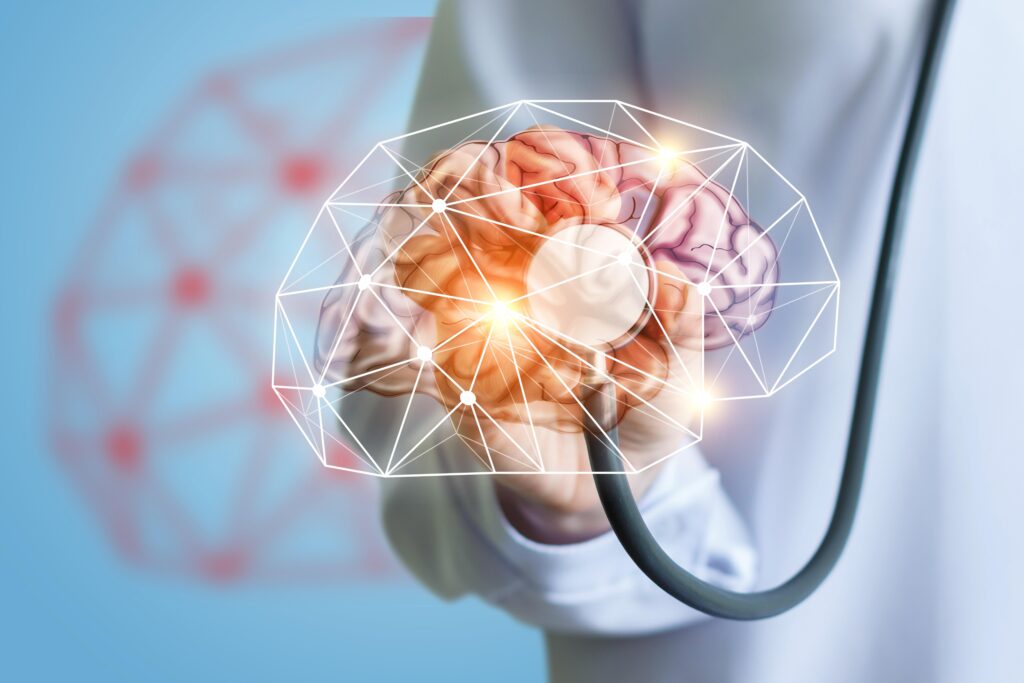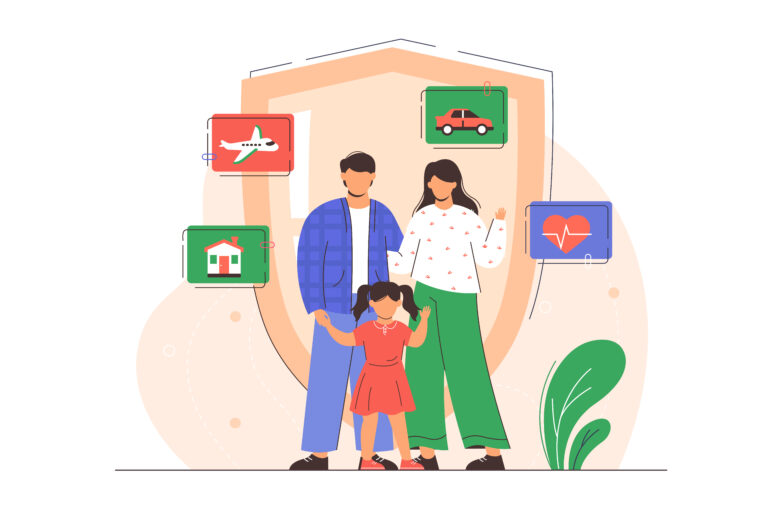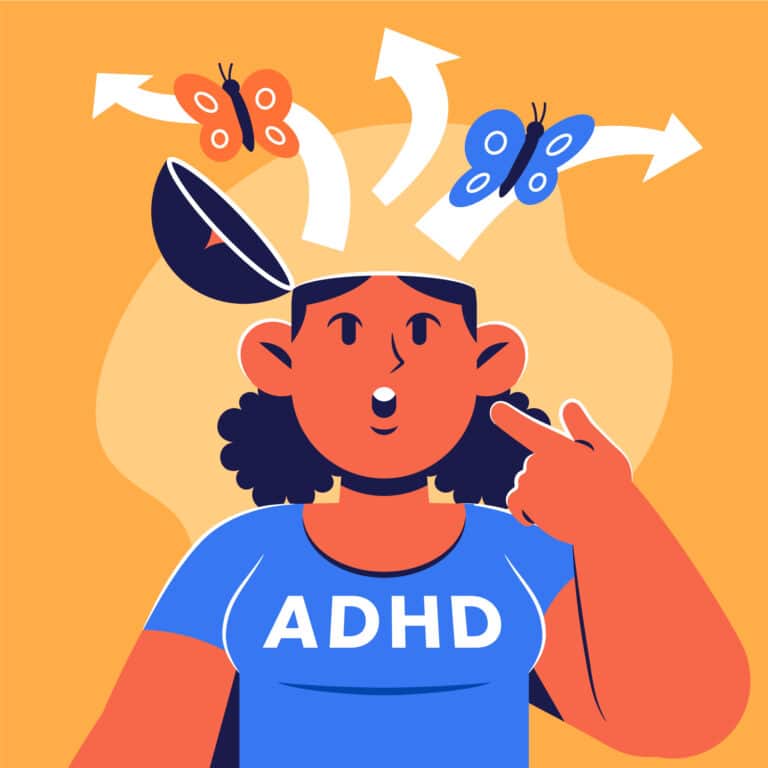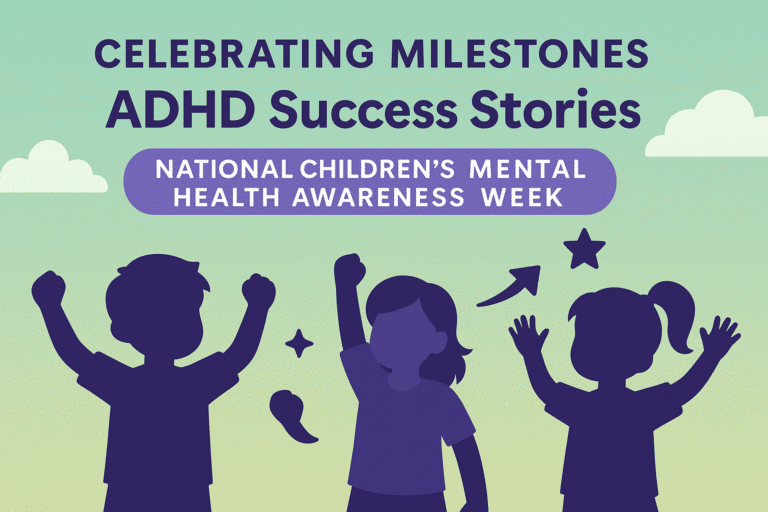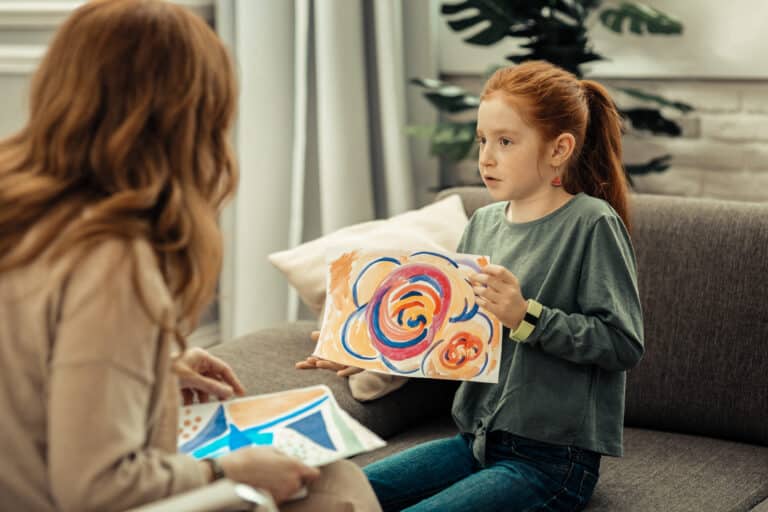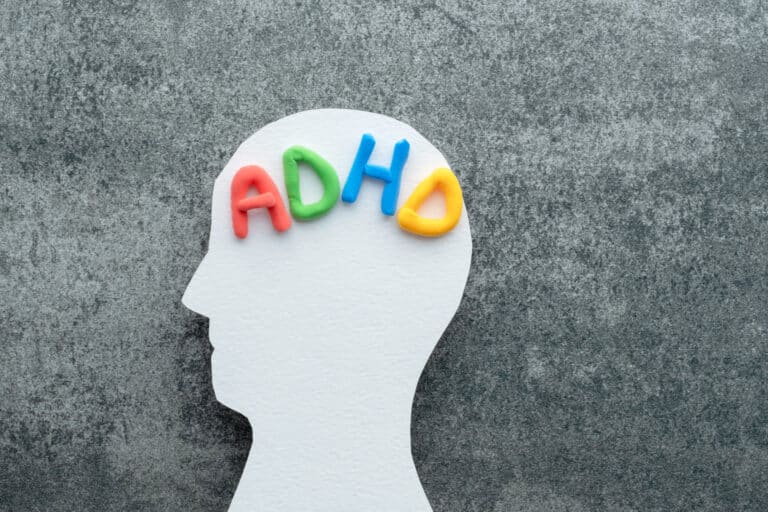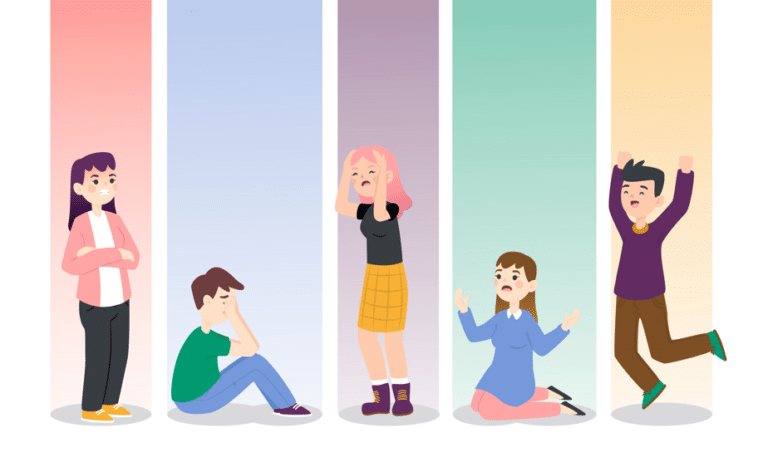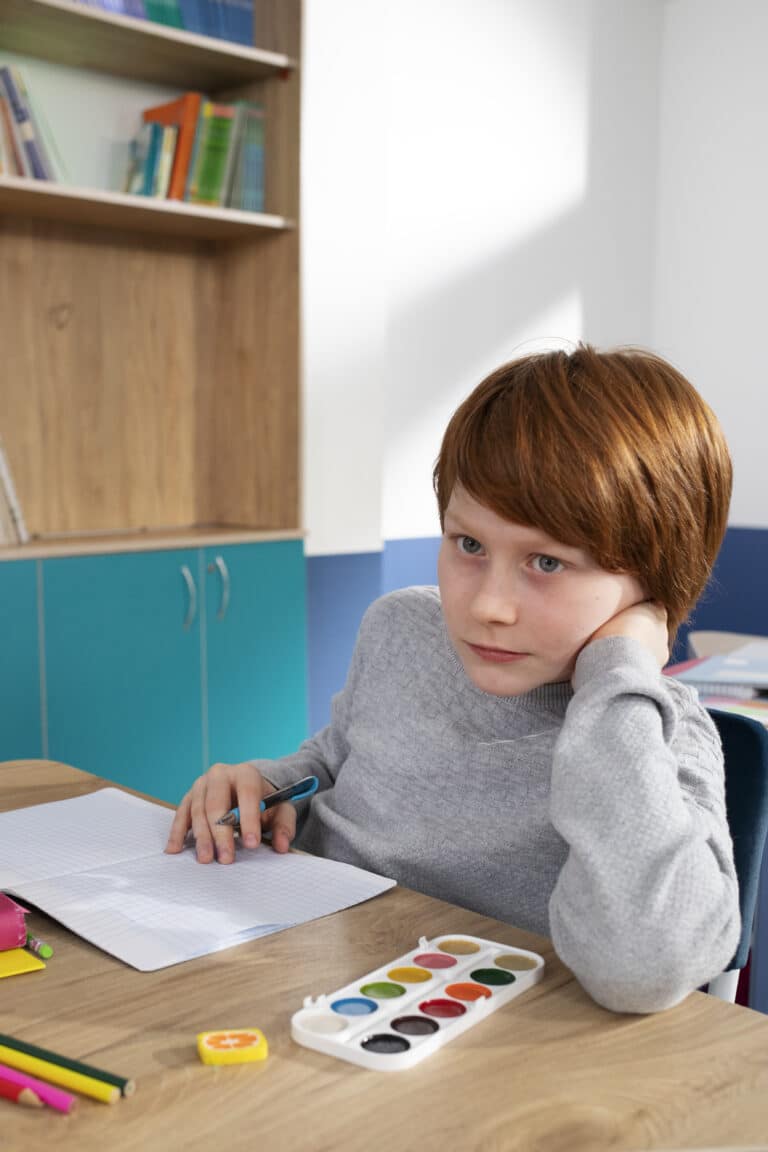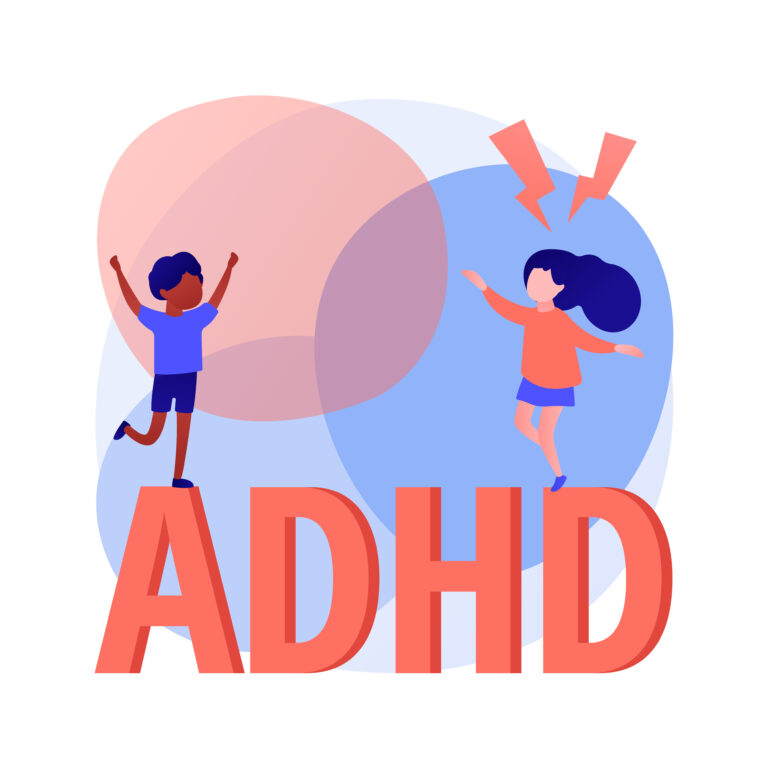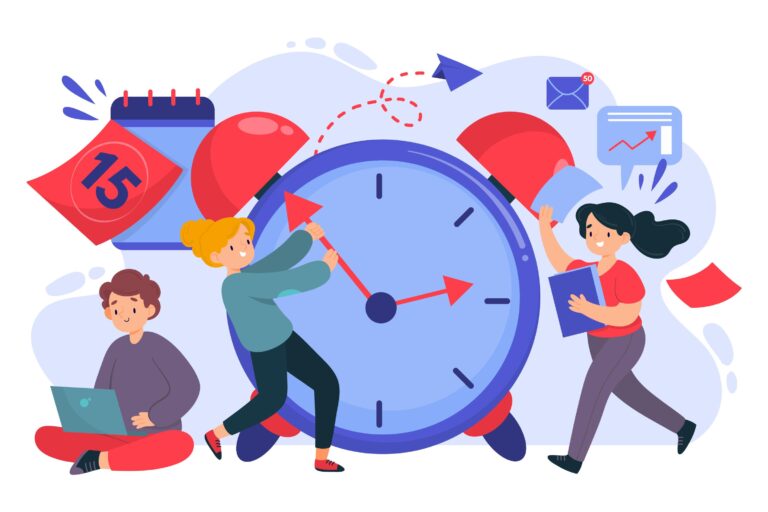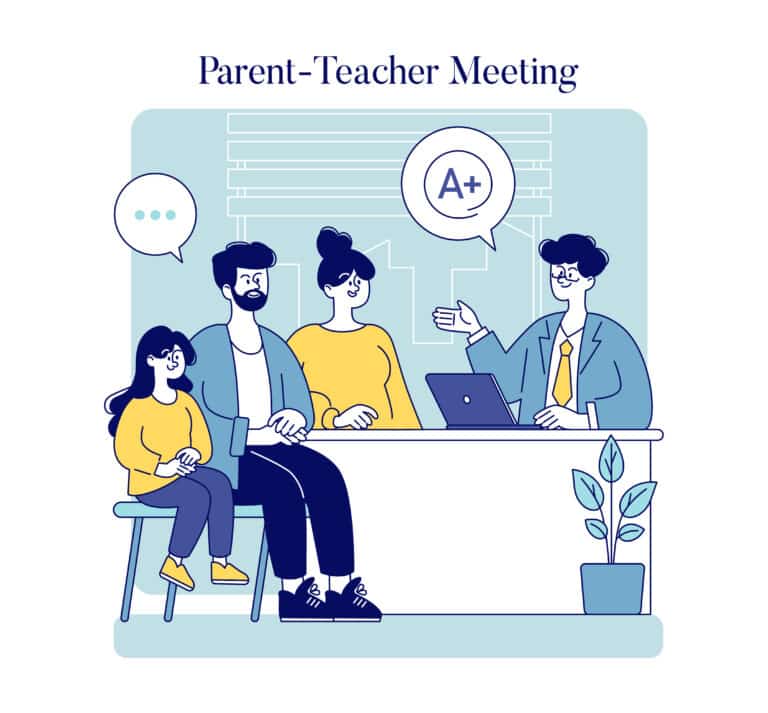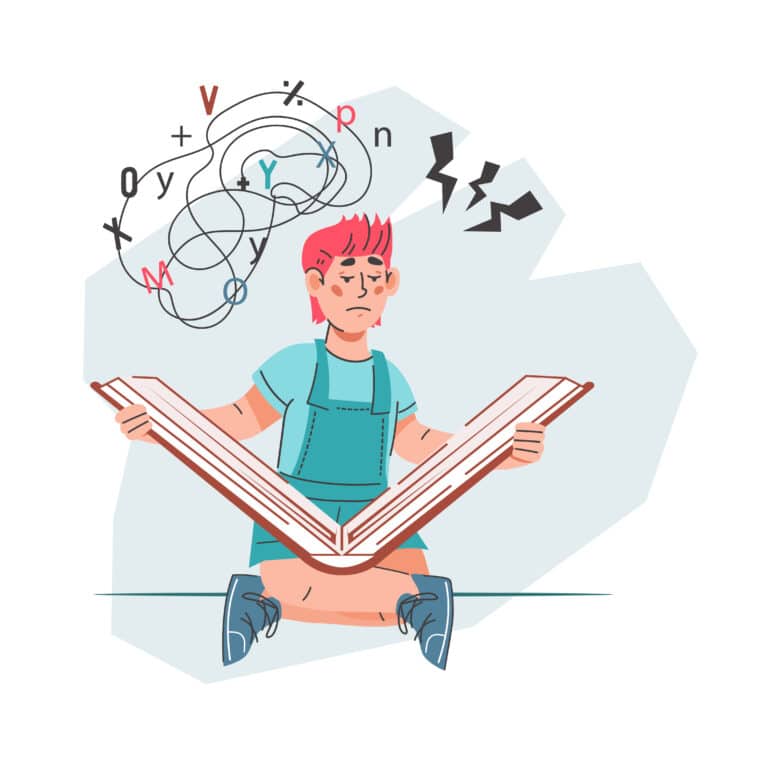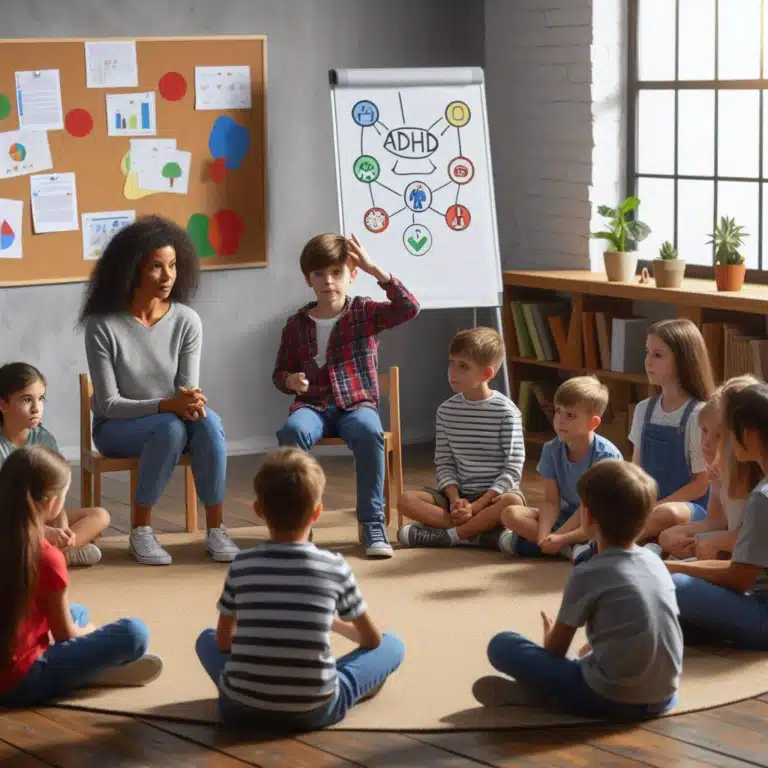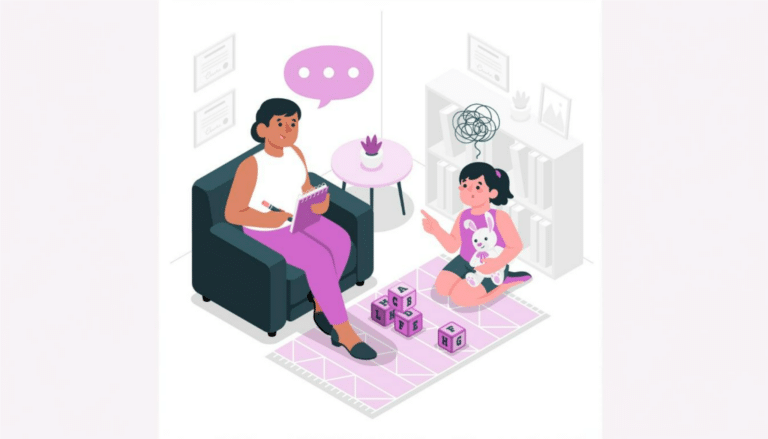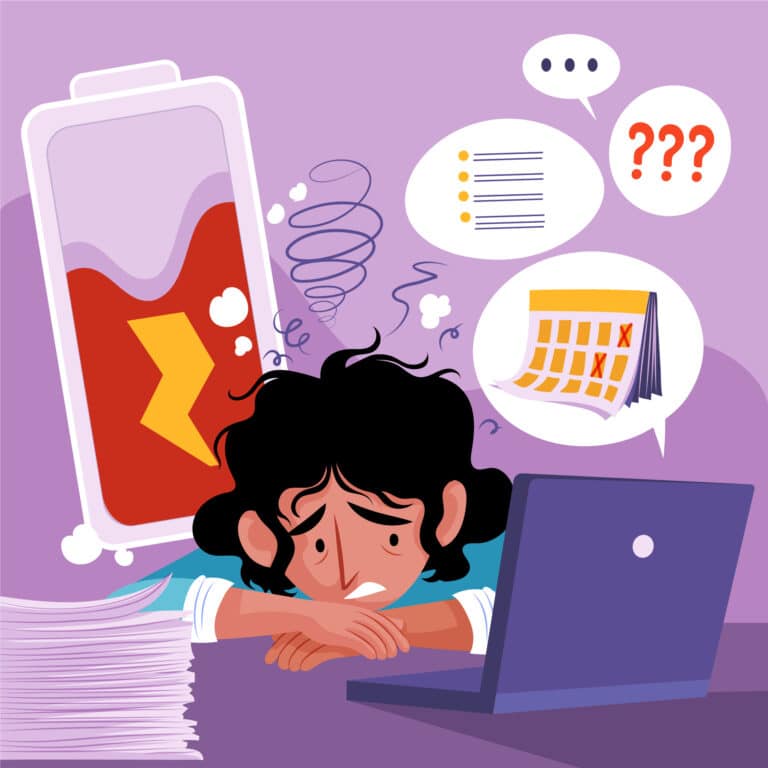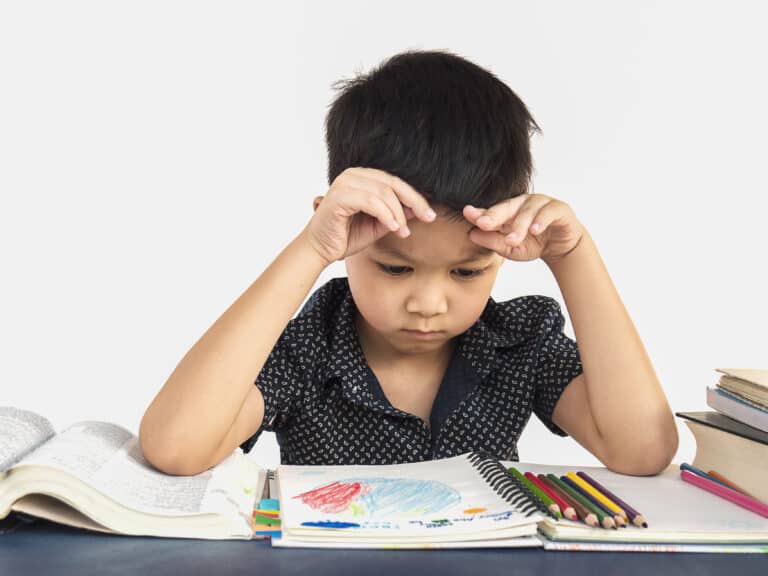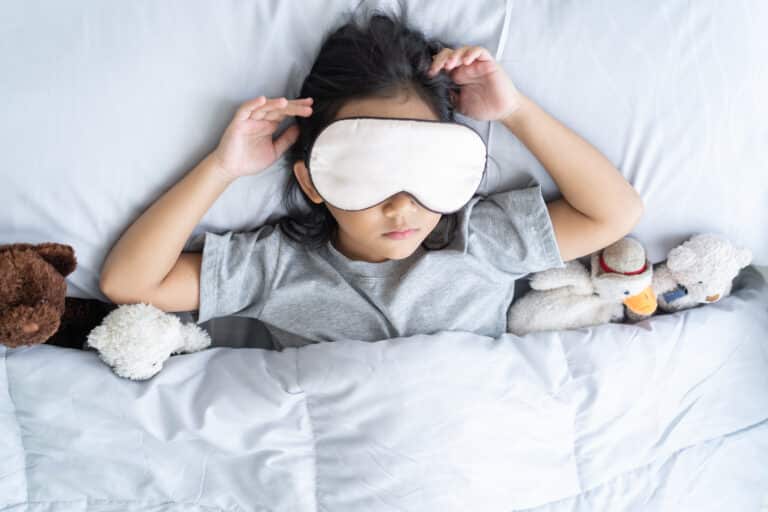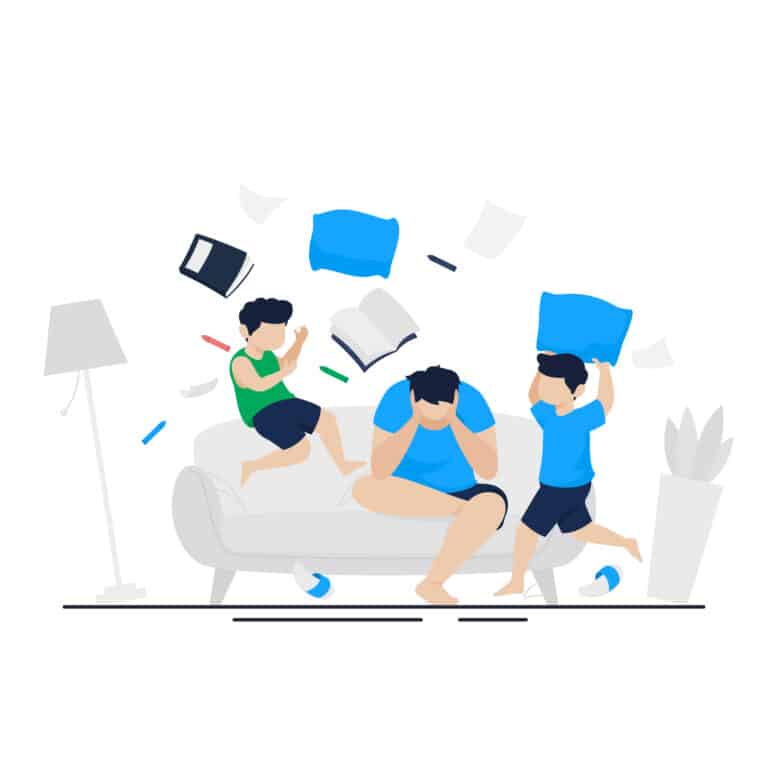Understanding ADHD as a Developmental Condition
Attention-Deficit Hyperactivity Disorder (ADHD) is a complex and often misunderstood condition affecting millions of children and adults. While symptoms like inattention, hyperactivity, and impulsivity are widely recognized, what’s less understood is how ADHD reflects a dynamic interaction between biology, development, and environment—not simply a neurological “deficit.”
Research exploring brain function and attention suggests differences in areas like motivation, regulation, and executive functioning—but these findings are best viewed as patterns, not definitive causes.
The ADHD Brain: One Lens in a Bigger Picture
Scientific studies have observed differences in brain function in individuals with ADHD. These insights offer helpful clues, but they don’t tell the whole story. ADHD is not just a neurological disorder—it’s a developmental condition influenced by early experiences, relational environments, and individual temperament.
Prefrontal Cortex: Supporting Regulation and Planning
The prefrontal cortex plays a role in attention, impulse control, and decision-making. Some research suggests that children with ADHD may show delays in development in this area, which can impact executive functioning skills like time management and organization.
Basal Ganglia: Movement and Behavioral Regulation
This area of the brain helps regulate movement and motivation. Irregularities here may be associated with impulsivity or restlessness, though findings vary across individuals.
Dopamine and Norepinephrine: Attention and Reward Sensitivity
Neurotransmitters like dopamine and norepinephrine are involved in how we experience reward and regulate attention. Rather than reflecting a “chemical imbalance,” differences in how these systems function can shape how children with ADHD engage with tasks and motivation.
Understanding ADHD: How Brain Function Interacts with Development
Developmental Trajectories and ADHD
Research has shown that some children with ADHD experience slower maturation of brain regions responsible for regulation and attention. However, brain development is highly individual—and shaped by factors like trauma, stress, learning environment, and relationships.
The Role of Genetics
Genetic studies suggest ADHD may run in families, but no single gene determines its outcome. Instead, genetics may create a sensitivity to environmental stressors or shape how a child responds to challenges with attention, regulation, or emotion.
Symptoms of ADHD in Children and Adults
ADHD symptoms vary between children and adults. While hyperactivity is more common in children, adults with ADHD struggle with executive function, time management, and impulse control.
Common Symptoms in Children:
- Difficulty focusing on tasks
- Impulsive actions or speech
- Trouble following multi-step directions
- Restlessness or frequent movement
Common Symptoms in Adults:
- Disorganization and forgetfulness
- Emotional impulsivity
- Chronic time management difficulties
- Trouble sustaining attention in work or conversations
Supporting Children with ADHD: A Whole-Child Approach
Behavioral Interventions and Therapy
Children with ADHD can benefit from a variety of therapeutic approaches. While Cognitive Behavioral Therapy (CBT) offers tools for managing specific behaviors, psychoanalytic psychotherapy, relational therapies, and developmentally-informed approaches help address the underlying emotional and interpersonal dynamics that often accompany attention and regulation challenges. Parent guidance and training programs are also key to helping caregivers build structure, set compassionate boundaries, and support their child’s emotional growth.
Medication as One Option
Some families explore stimulant or non-stimulant medications. These can help in some cases but are not the only path. At Pathformers, we support parents in exploring a wide range of developmental tools and interventions.
Lifestyle and Environmental Support
Children with ADHD benefit from structured routines, consistent expectations, movement, and emotional attunement. Relationships matter deeply—especially those built on mutual respect, compassion, and guidance.
How Pathformers’ Courses Can Help
At Pathformers, we provide evidence-based strategies for managing ADHD. Our courses equip parents and caregivers with tools to support children and adolescents with ADHD.
Focusing on ADHD Course
✔️ Explore brain-based findings—without reducing ADHD to brain biology
✔️ Understand how development, trauma, and temperament influence symptoms
✔️ Develop practical and personalized strategies for children with ADHD
Managing ADHD Symptoms Course
✔️ Gain insight into attention, behavior, and emotional needs
✔️ Discover how to create supportive home environments
✔️ Build skills for addressing impulsivity, frustration, and executive function
Our courses help parents, caregivers, and individuals with ADHD develop actionable strategies for long-term success.
Frequently Asked Questions
Does ADHD mean there’s something wrong with the brain?
Not necessarily. Some children with ADHD may show different developmental patterns in brain function, but this does not mean damage or dysfunction. ADHD reflects a complex interaction between many factors—including biology, stress, parenting, school experience, and individual sensitivity.
Is medication required to manage ADHD?
No. While medication can be helpful for some, many families find success using developmentally grounded approaches like parent training, emotional support, and structured routines.
Are Pathformers’ ADHD courses suitable for adults?
Yes—though focused on parenting and child development, many strategies are applicable for adults with ADHD, especially those looking for insight into how their early experiences shaped their patterns.
Are Pathformers’ ADHD courses suitable for adults with ADHD?
Yes. While our courses primarily focus on children and adolescents, many of our strategies are also applicable to adults with ADHD.
How can parents support a child with ADHD?
Support begins with understanding. Learning about ADHD as a developmental condition—not a fixed disorder—can help you respond with empathy, structure, and meaningful tools.
Take Action Today
Helping a child with ADHD doesn’t mean jumping to medication or labels. It means slowing down, tuning in, and learning how to support their growth across time.
✔️ Learn how brain function interacts with development
✔️ Discover strategies grounded in psychology, not just symptom control
✔️ Build long-term support plans based on your child’s unique needs
Visit our ADHD courses today and take the first step toward empowering your child’s future!

